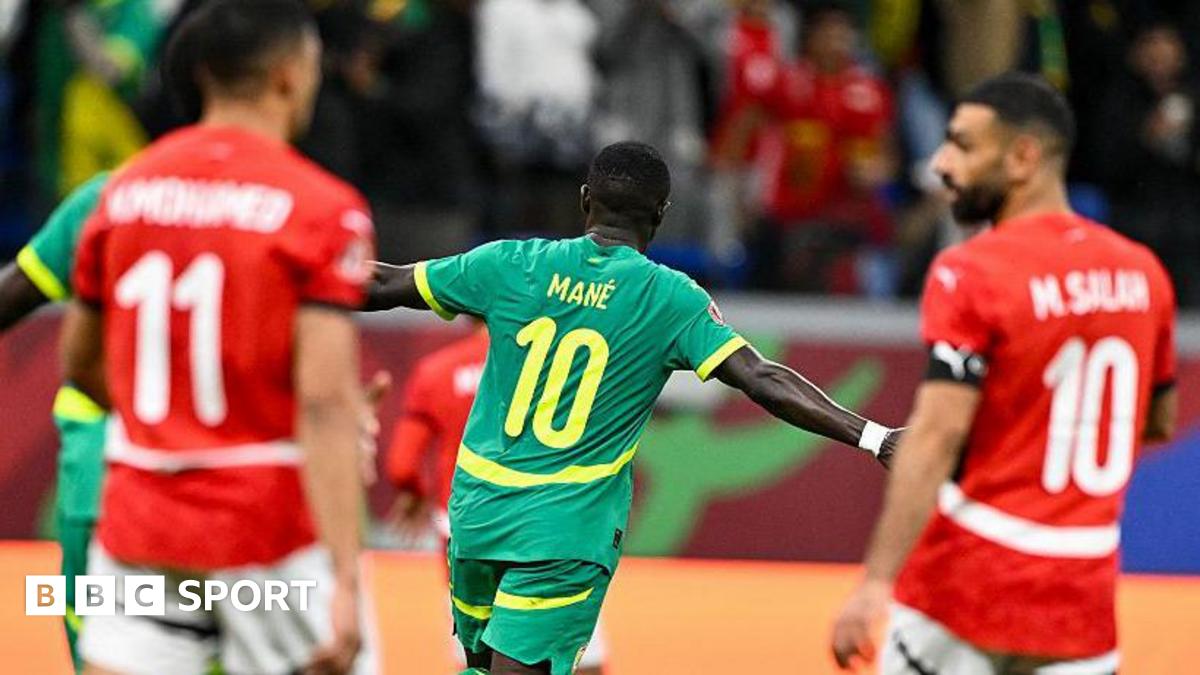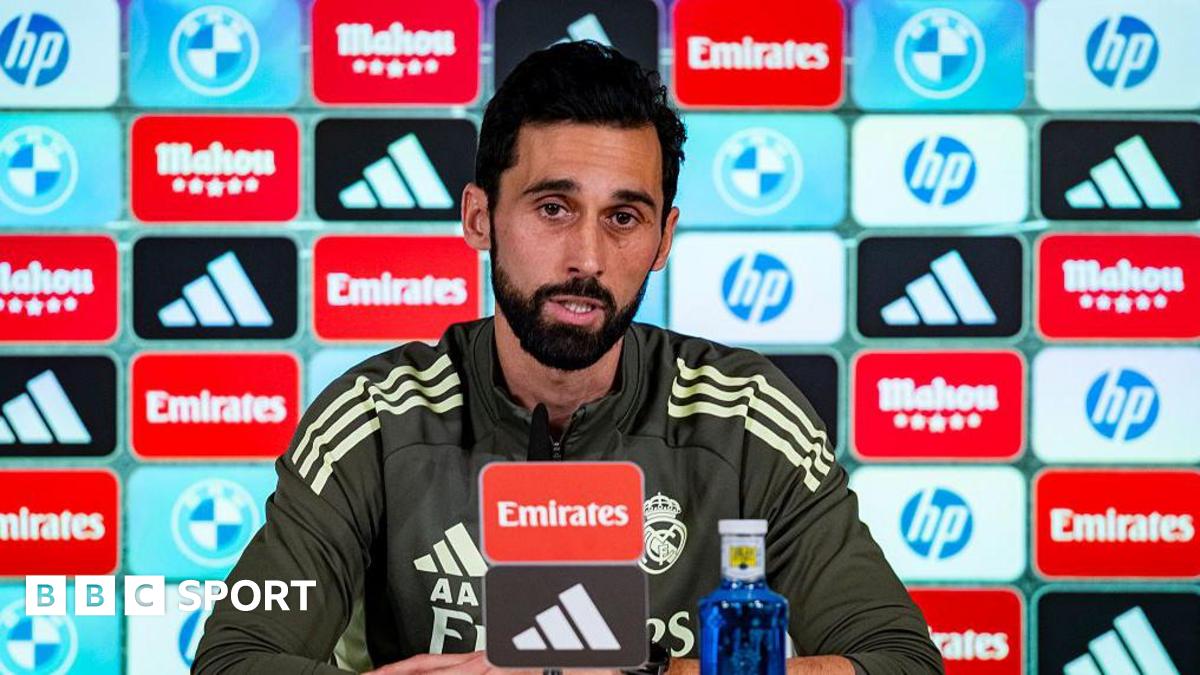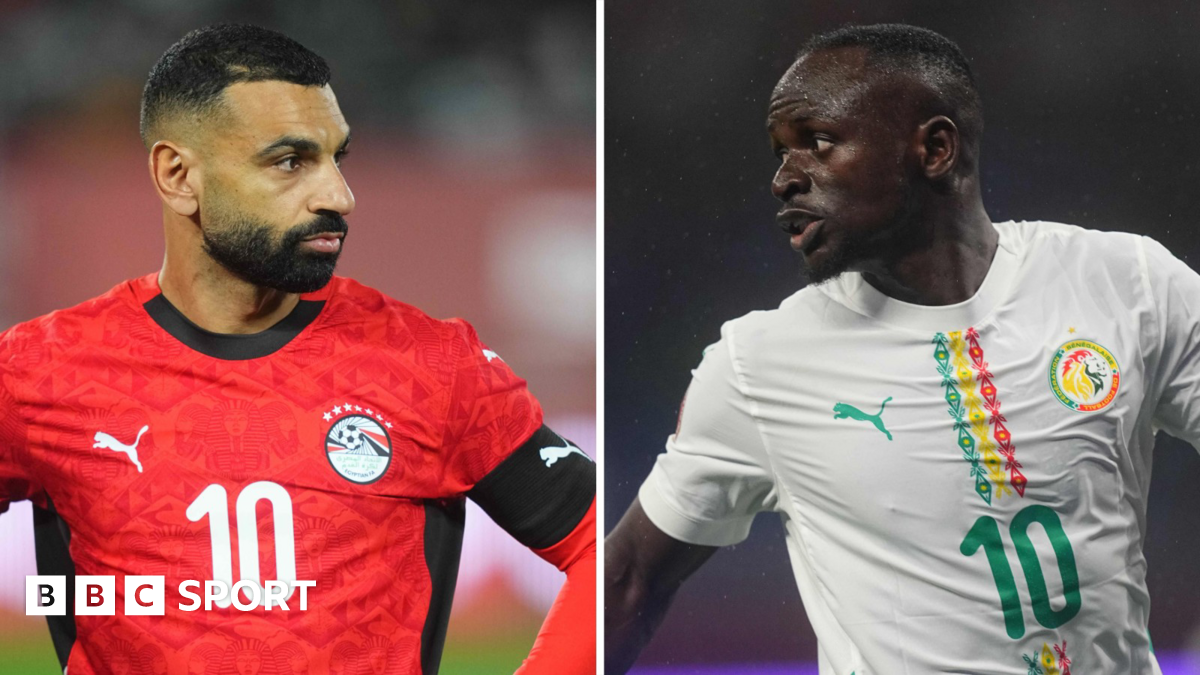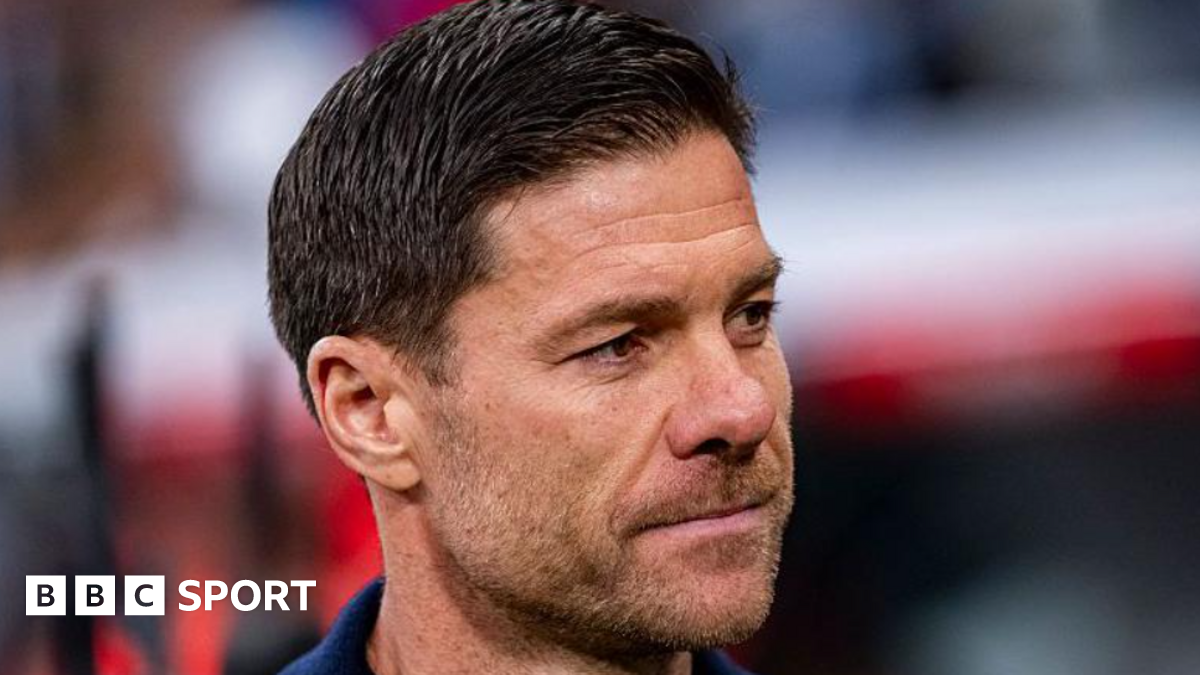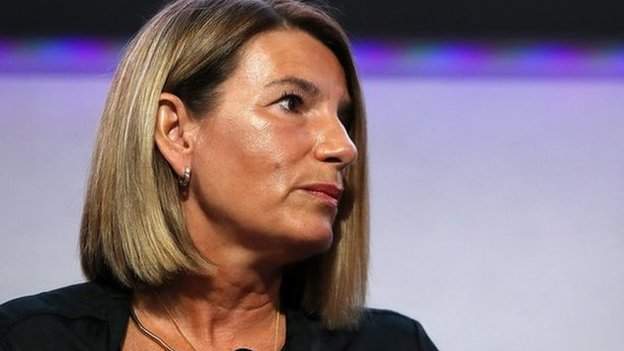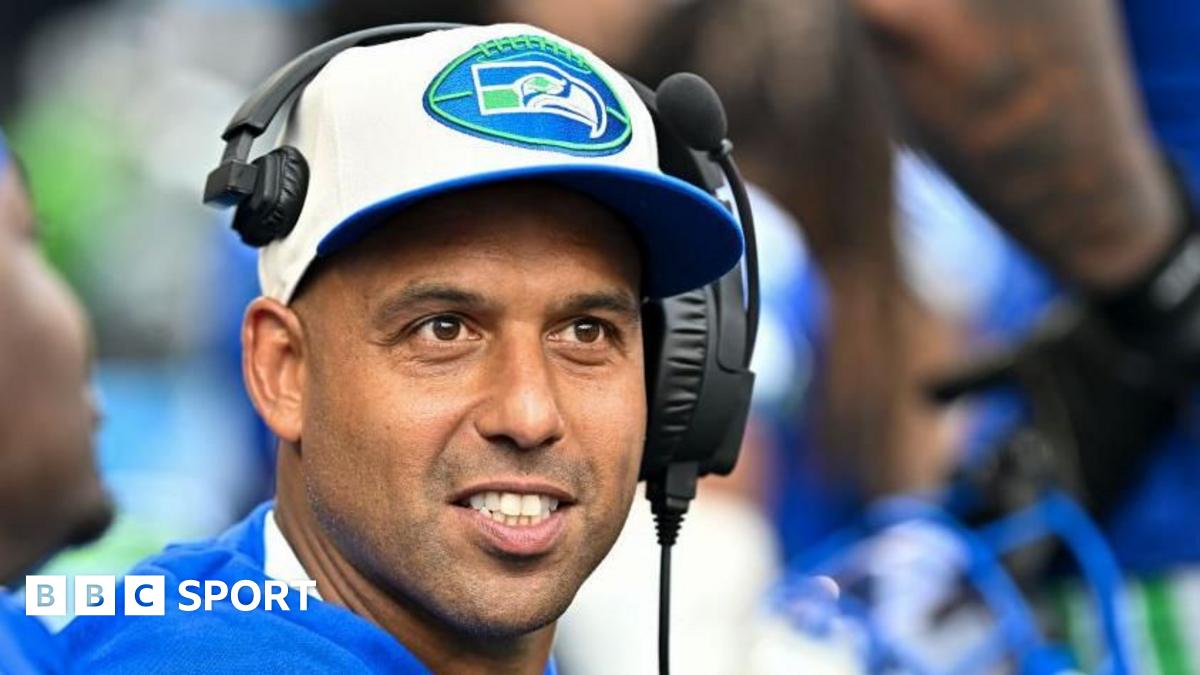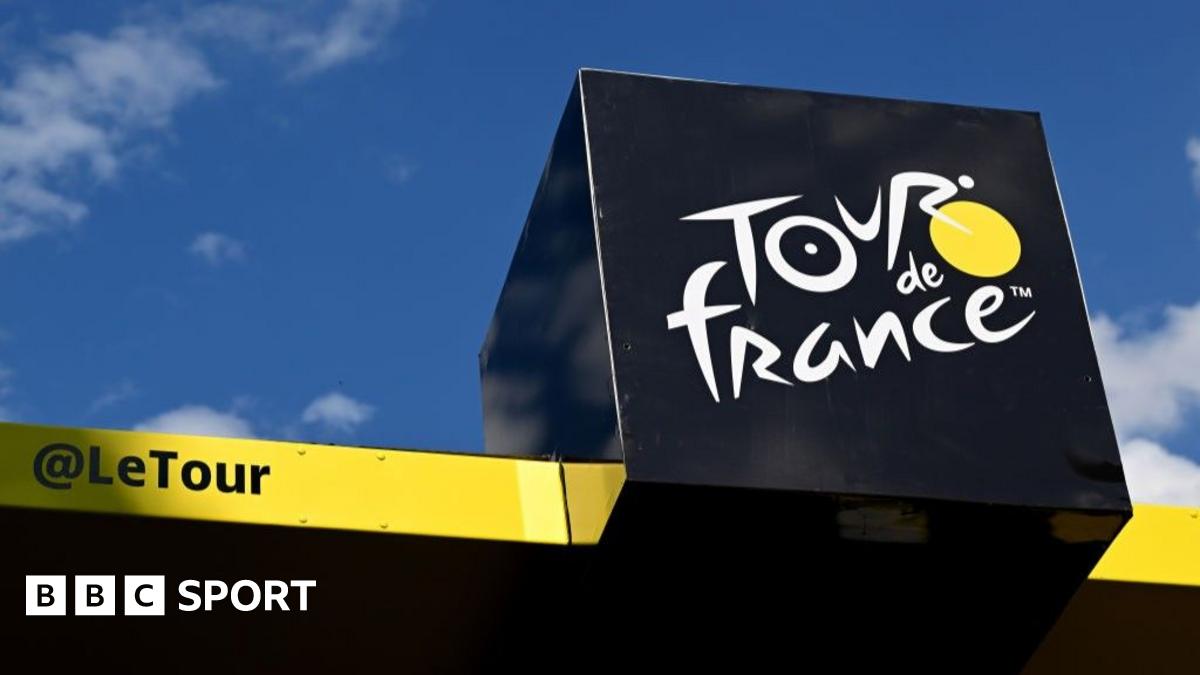UK Athletics has announced a 12-year strategy it says will “move us away from a focus on winning medals at all costs”.
The governing body acknowledged “significant improvement and change is required” and, in a unified approach with the four home country federations, is aiming to “put the athlete first”.
Its three goals, to be achieved by 2032, include having representation from Great Britain and Northern Ireland in every discipline at all senior international events and 95% of the Paralympic team reaching their final.
It will also strive to produce a “world-renowned infrastructure” of clubs, competitions and coaches, retaining more than 250,000 registered athletes across the UK, and to have nine million regular participants in the sport.
The shift in focus comes shortly after UK Sport revealed future funding of elite sport would be based on medal potential over a 12-year period, rather than the current four, to produce success over a wider range of sports and support “the development of the person as well as the performer”.
UKA has appointed a new chief executive, head coach and performance director this year.
Scrutiny remains high following the publication of two independent reviews – one into safeguarding and the other its handling of decisions around its relationship with disgraced running coach Alberto Salazar.
UKA chief executive Joanna Coates said: “The co-development of a long-term strategy and framework agreement for athletics across the UK, with an ethical decision-making culture and a new communications strategy, will ensure that we address the sport’s long-term issues.”
The new strategy says: “Through listening to feedback from over 5,000 athletes, club leaders, volunteers, coaches and officials across the sport, we know that significant improvement and change is required.
“We have three bold and ambitious goals that will move us away from a focus on winning medals at all costs, demonstrate our commitment to supporting the core of the sport and prove that putting the needs of athletes and runners first can retain participation levels in our sport.”
However, it appears there is significant scepticism over the strategy from within the athletics community.
When the “emerging” strategy was tested with more than 300 clubs this summer, less than half (46%) were optimistic about the future collaborative approach, 24% were indifferent and 30% were not convinced.




